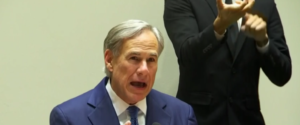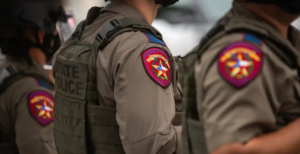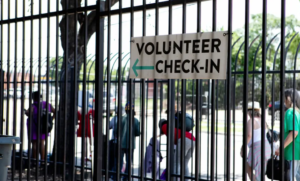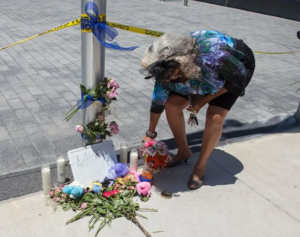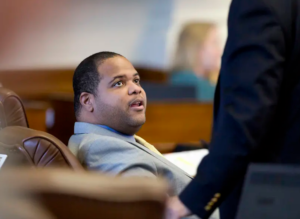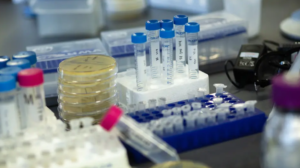Venezuelan scientist offers reality check for autism research
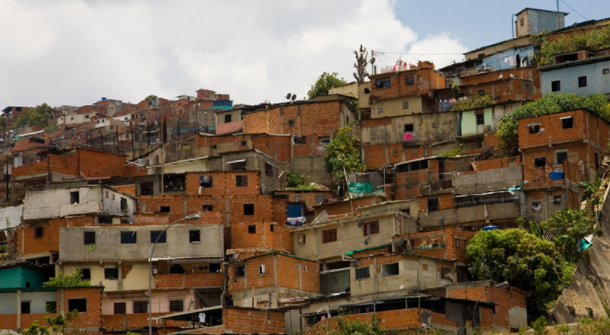
From the start, it was clear that Cecilia Montiel-Nava’s talk on autism prevalence was going to be different. Autism may be a huge problem in the developing world, she said today at the 2016 International Meeting for Autism Research in Baltimore. “But when you have to fight for food, walk for water or look after your own safety, having a child that doesn’t talk may not be as big a deal as other problems,” she said.
This tell-it-like-it-is attitude pervaded her 25-minute talk, as she outlined the reasons her team had failed to get much-needed prevalence data for autism in Venezuela.
More than 80 percent of the world’s population lives in low-income countries, and these are the places where we know the least about autism, said Montiel-Nava, adjunct faculty at the Institute of Scientific Advances and High Technology Services in Panama. But as her team discovered, the best practices that journal editors have come to expect from researchers conducting prevalence studies are all but impossible in countries facing rampant poverty and instability.
“One size doesn’t fit all. What is thought to work in high-income countries doesn’t necessarily work for low-income countries,” she explained. “It doesn’t matter if you have good professionals, good training and good instruments. The reality is that working in low-income countries is different.”
‘Nonexistent people’:
Montiel-Nava then told the compelling backstory to her lack of good data. Her team’s first plan was to visit people in their homes to do autism assessments. But it turns out that many children in Venezuela are never added to population records. Most families register children when they start school. But children with neurological disorders often do not attend school, so these children may be overrepresented among what she calls the “nonexistent people,” for whom there are no known addresses.
What’s more, Caracas is one of the most dangerous cities in the world, Montiel-Nava said. “There are places I couldn’t send my research assistants, because I couldn’t be sure they’d come back.”
Home visits were out before they even began.
The team then looked at medical records, and found 11.25 cases of autism per 10,000 people. This had to be a huge underestimation, but at least it was a minimum number, Montiel-Nava says. (The latest estimate of autism prevalence in the United States is 146 cases in 10,000 children.)
The researchers then tried assessing autism prevalence through schools, by first providing parents with a screening questionnaire and then directly assessing a subset of the children who had signs of autism. The U.S. screens children for autism when they are 8 years old, but Montiel-Nava focused on 5-year-olds, as older children with autism in Venezuela may not continue to attend school.
This approach yielded a prevalence rate of 72 per 10,000 children. But a more significant number was the 67 percent of children enrolled in these schools whose parents never replied — a staggeringly high nonresponse rate.
Diagnostic instruments don’t always translate from one culture to another. But the bigger cultural problems, in this case, were related to finding the people on whom to use these instruments, Montiel-Nava says. “We just didn’t have the people to count.”
Montiel-Nava’s team aims to keep trying to assess prevalence through schools. The project is likely to require several visits to schools to encourage parents to participate, as well as following up with children who are registered in school but not attending. The process seems to be about narrowing down the options. “We now know what doesn’t work in Venezuela,” she says.
This article was originally published on Venezuelan scientist offers reality check for autism research
